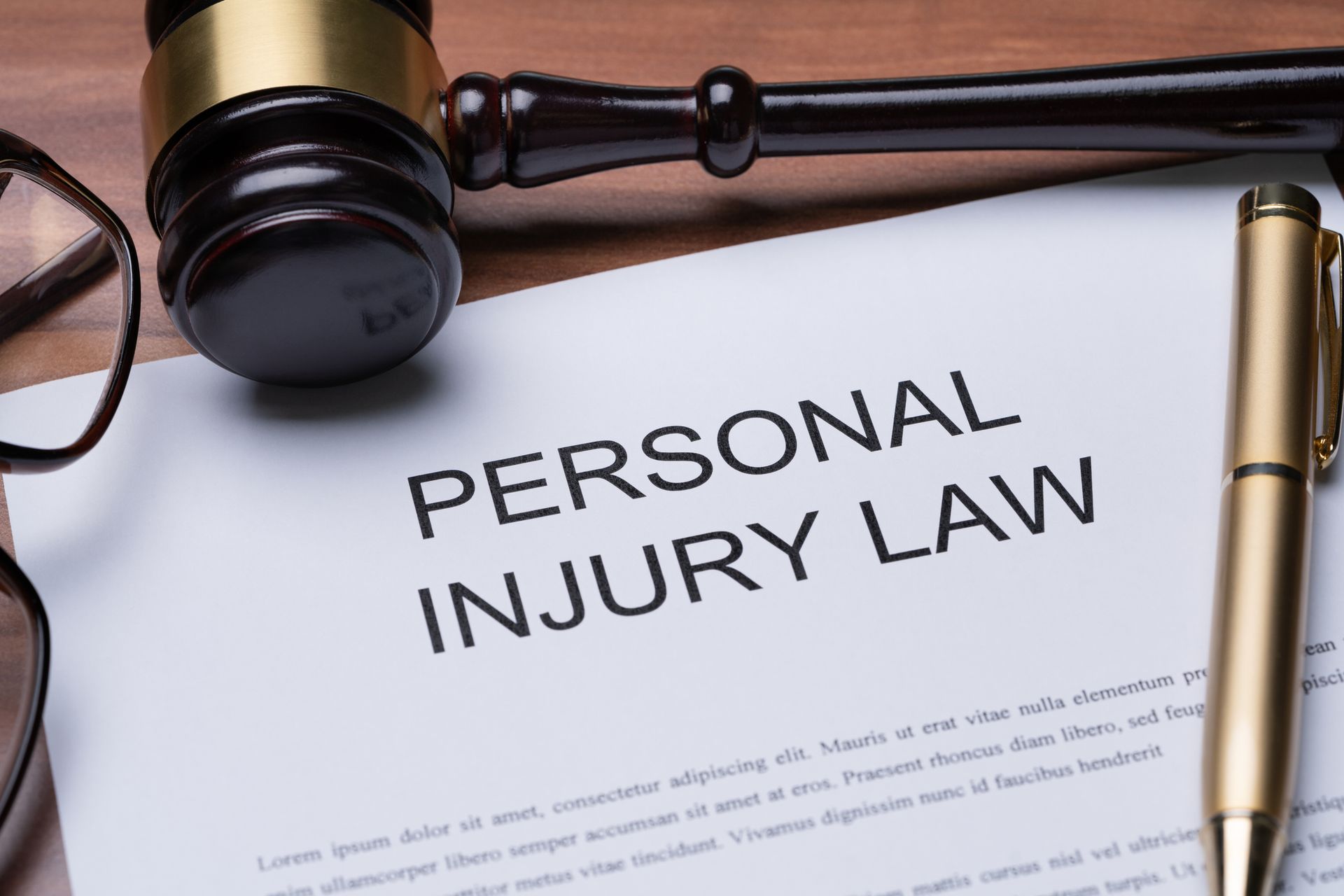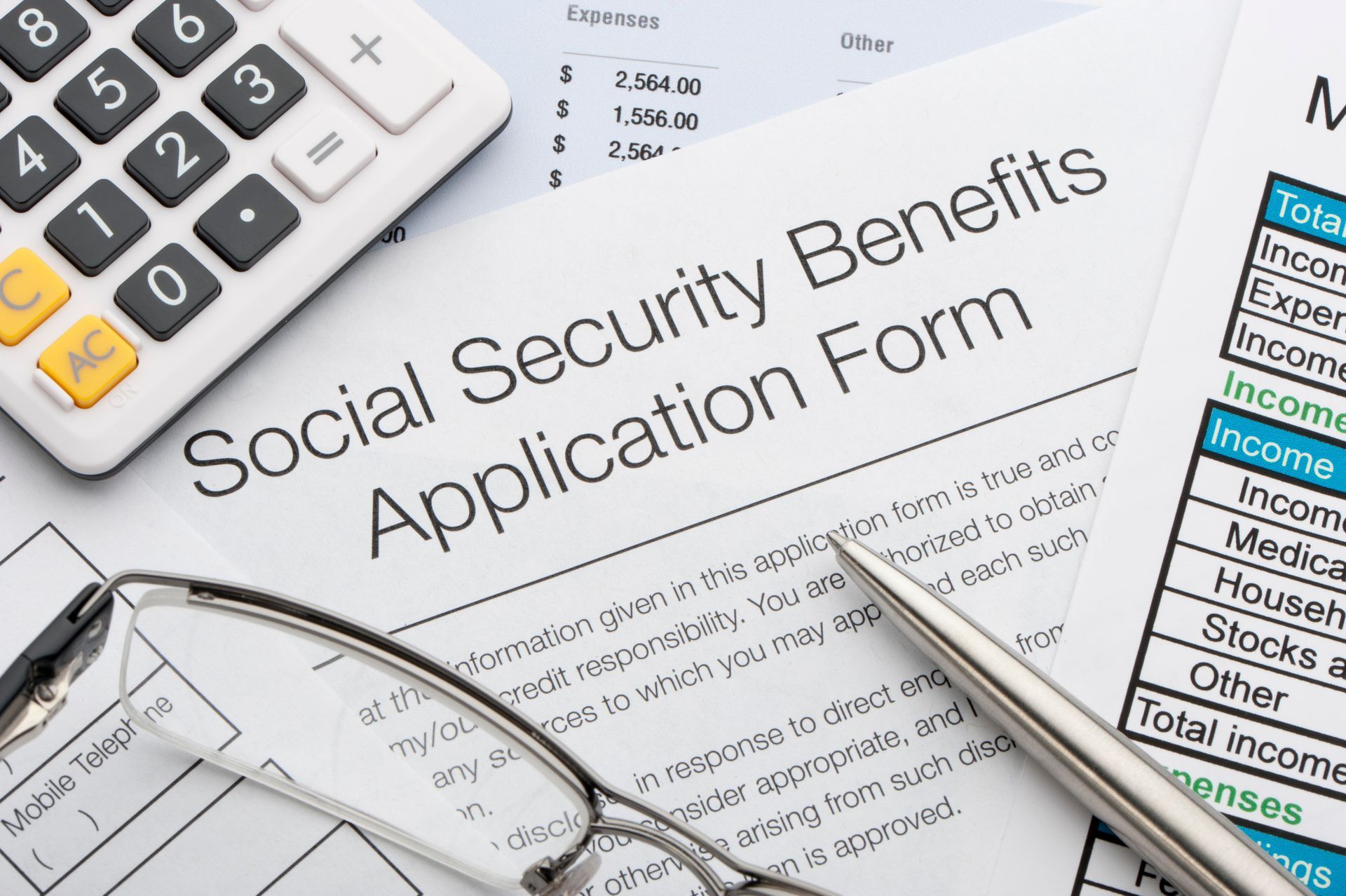Workers' Compensation and Car Accidents

If you suffer an injury in the workplace, you can assume
your employer's workers' compensation insurance will cover your expenses until
you are able to return to work. Many who drive vehicles for their job may be
curious what happens if they get into an accident while on the clock.
Here are some things you should know about workers'
compensation and accidents in vehicles while you perform job duties.
How Does Workers' Compensation Work?
With very few exceptions, all employers are required to carry workers' compensation insurance. The insurance provides financial coverage to employees who are unable to work due to an injury he or she incurs during the course of doing a job.
When a person suffers an injury at his or her place of employment, the employee can make a claim with the employer's workers' compensation insurance. If the employee receives approval, he or she receives payment for a specific period of time or a specific amount of money to offset money lost due to the injury.
The only time a workplace injury will not receive approval is if the employee is intoxicated or under the influence of illegal drugs at the time of the accident.
How Is Injury in a Vehicle Different?
The issue of workers' compensation becomes more complex when the employee is in a car accident within the scope of employment. Your employer could argue you were not actively working at the time of the accident. Your attorney will need to prove your accident did happen while you were doing your job.
The primary difference is the type of cases you can file. If you suffer an injury in a vehicle at work, you could have two different cases against your employer. You can have one case fall under personal injury law, as well as a workers' compensation case. Both of these cases can help ensure you receive enough compensation to recover from your injuries.
When it comes to employer liability, the employer can be held liable for your accident in certain circumstances. Through vicarious liability, an employer is held liable for actions of his or her employees in certain situations. For instance, this form of liability applies if:
- The actions of the employee fell under his or her scope of employment
- The actions of the employee occurred on the job
- The employee was doing a job that fits inside his or her job description
- The employer received benefits from the work the employee did when the accident occurred
If you were the cause of the accident when you were on your way to do a job for your employer, your employer can be liable. However, if your business at the time of the accident was personal, your employer is off the hook. The issue then becomes whether or not you can prove what your actions were at the time.
What Are the Steps to File a Claim?
You need to take several steps to file your claim. First, report your injuries within a specific time frame based on your state. When you report your accident, you need to provide concrete details.
These will include the date and time of the accident, the location, and the reason behind the accident. If there are witnesses, you need to provide those names as well so your employer can investigate. If you were in a company car, include the information for the vehicle.
Once you report the injury, you will then have a certain amount of time to file your workers' compensation claim. Be sure to do so as soon as possible, as the window of time to file can be very short.
Next, your employer has to file the workers' compensation claim. Follow up regularly to ensure this step is complete. Visit your human resources department regularly to get a status update on your claim.
You also need to be in constant contact with your attorney. Your employer may try to get out of your claim, so you may have a long fight on your hands.
If you need help with a workers' compensation claim after an accident in your work vehicle, please contact The Law Offices of James B. Gillespie, Jr., PLLC.





